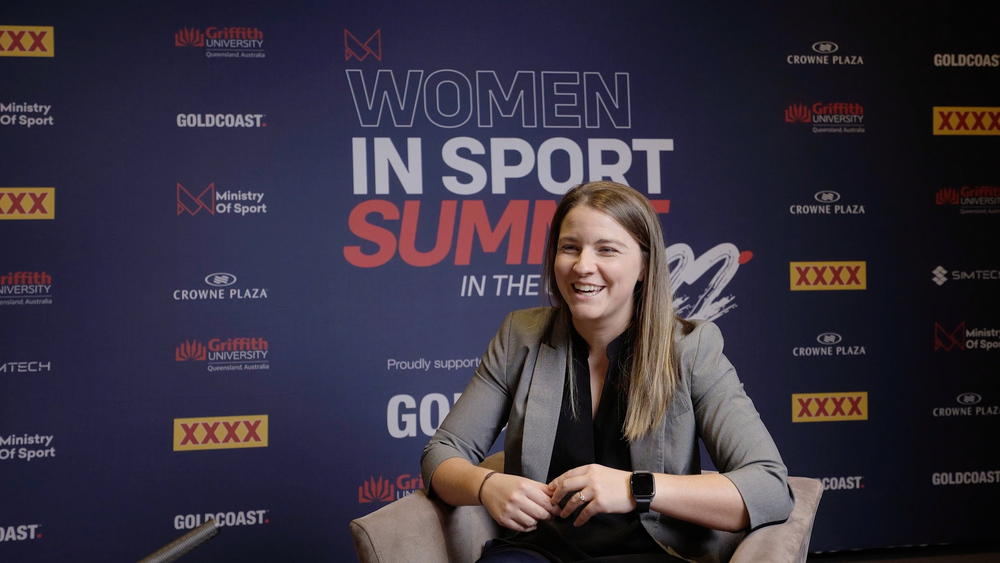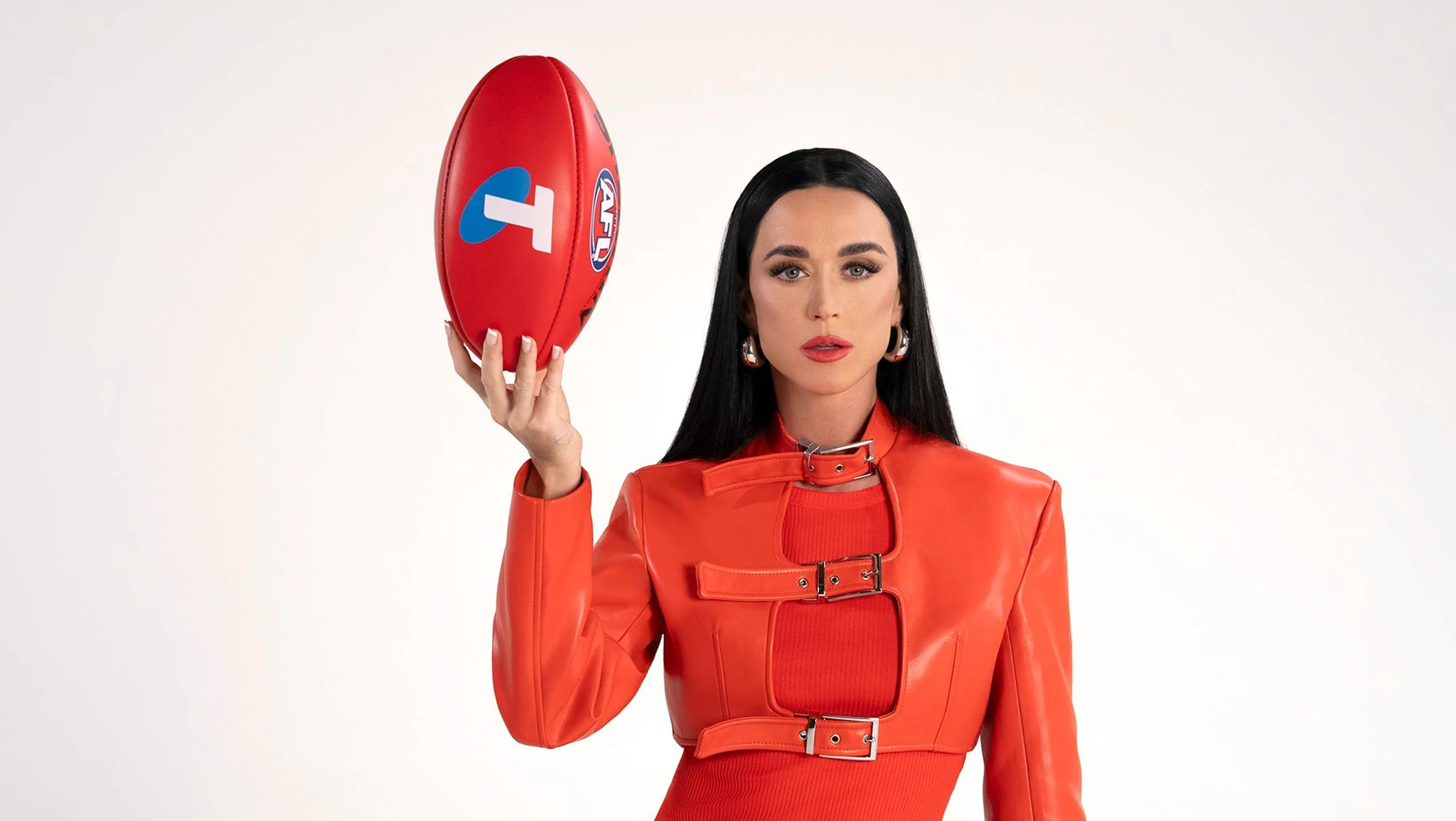Reflecting on her time at the 2022 Women In Sport Summit, FIBA acting executive director of Oceania, Amanda Jenkins, sat down with Ministry of Sport to discuss FIBA’s strategy for women’s basketball.
FIBA’s 2019-23 Strategic Cycle:
Commenting on FIBA’s strategies, Jenkins said the governing body operates on a four cycle ending in 2023, where they made a conscious decision to include women’s basketball due to several initiatives they were already running.
Jenkins also said it was important to add the women’s game into the strategic pillars, so they can show they are trying to make a difference for female athletes.
“We’re building on our product, being women’s basketball, we were building on our product of men’s basketball, four years prior. In the last cycle there was a big emphasis on the men’s game and developing the World Cup to a point where it is now,” Jenkins said.
“So naturally, we were able to shift the focus from the men’s game to the women’s. We actually said it was more like an eight-year plan, with five pillars, a top three, and an additional five below. This strategy will continue on, and we will just see a different emphasis in some of the programmes,” she said.
Currently, FIBA’s future plans are focused on the 2022 Women’s World Cup, which tips off next week, where Jenkins hopes it will be one of the best tournaments held, while also providing a launchpad for initiatives they have in the works.
FIBA’s Strategic Priorities:
Commenting on FIBA’s three strategic priorities, Jenkins said for the current four-year cycle, the governing body is focusing on empowering national federations, women in basketball and enlarging the FIBA family.
Additionally, Jenkins said that FIBA can also empower national federations by engaging and increasing the number of female athletes, referees, coaches and administrators as they will add to workforces.
“We’re also enlarging our FIBA family, because we’ve got a whole subset of the population that we’re trying to engage on a more conscious level,” Jenkins said.
“Back in 2015, we ran a programme here in Oceania, which is now a global one called women in leadership or WiLead. This is something where we try and engage with the next generation of leaders in our region and across the world,” she said.
The WiLead program has enabled women in basketball to develop their confidence, public speaking skills and administration knowledge, which they can implement with their national federations to help grow the sport.
To read the previous story from the Women In Sport Summit, where UFC Australia and New Zealand vice-president, Peter Kloczko discussed UFC’s goals for women’s mixed martial arts, click here.





